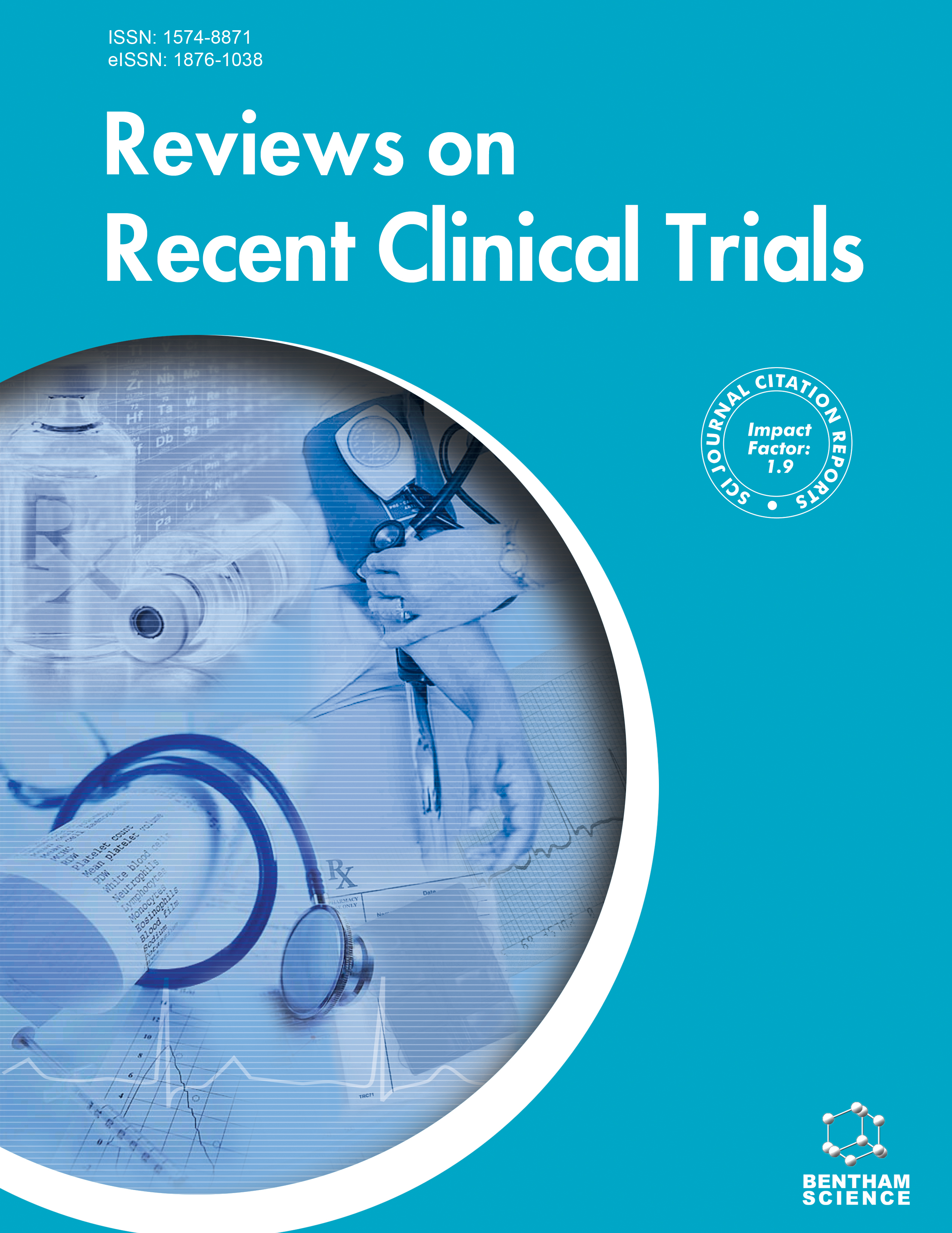
Full text loading...
Chronic liver diseases have been reported to be associated with altered sexual function. The existing gap in understanding the pathophysiological mechanisms linking sexual disorders and chronic liver diseases may explain the lack of attention given to sexual health in this cohort of patients. We, therefore, aimed at reviewing the available evidence linking chronic liver diseases and sexual dysfunction in both sexes.
A search of the PubMed database was conducted for the period between January 1995 and July 2024 using the following terms: “chronic liver disease”, “liver cirrhosis”, “viral hepatitis B”, “viral hepatitis C”, “non-alcoholic fatty liver disease”, “metabolic dysfunction associated steatotic liver disease” “alcoholic liver disease” and “erectile dysfunction,” “hypogonadism”, “infertility”.
A total of 100 articles were reviewed, including preclinical original research articles, human observational and clinical studies, systematic reviews, and meta-analyses. We found that sexual dysfunctions are often associated with chronic liver diseases and that this depends on the degree of the underlying liver damage and etiology. Contributing factors may include hormonal imbalances, psychological disturbances, and endothelial dysfunction.
The degree of liver function impairment, the specific etiology, particularly metabolic dysfunction associated steatotic liver disease, and drugs used in the management of chronic liver diseases all contribute to sexual dysfunction in this clinical setting.
Chronic liver diseases are associated with a wide range of sexual dysfunctions in both sexes, causing an altered quality of life. This suggests that sexual function should be assessed in this clinical setting in order to reach a prompt diagnosis and start appropriate treatment.

Article metrics loading...

Full text loading...
References


Data & Media loading...

